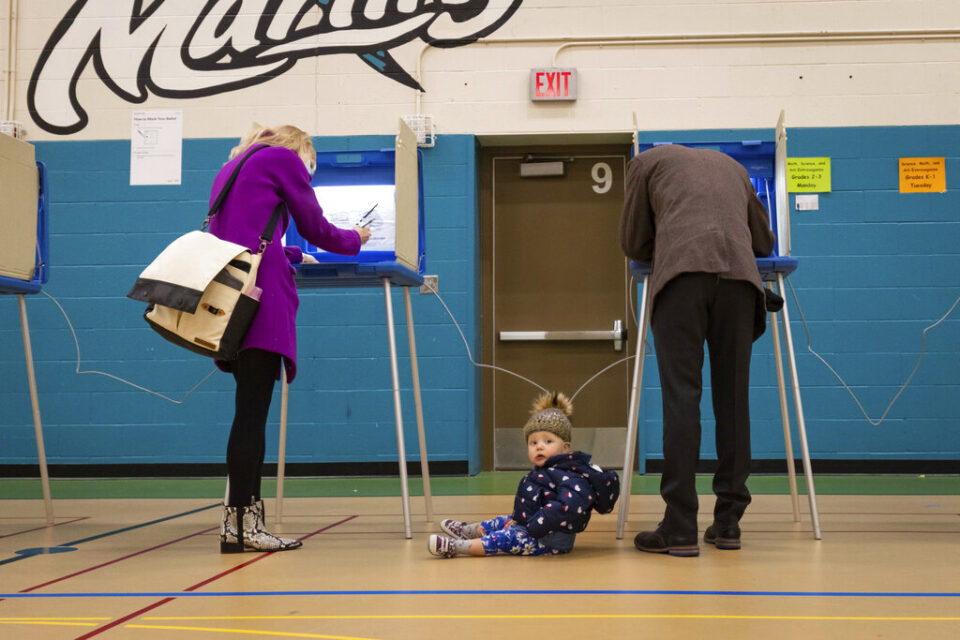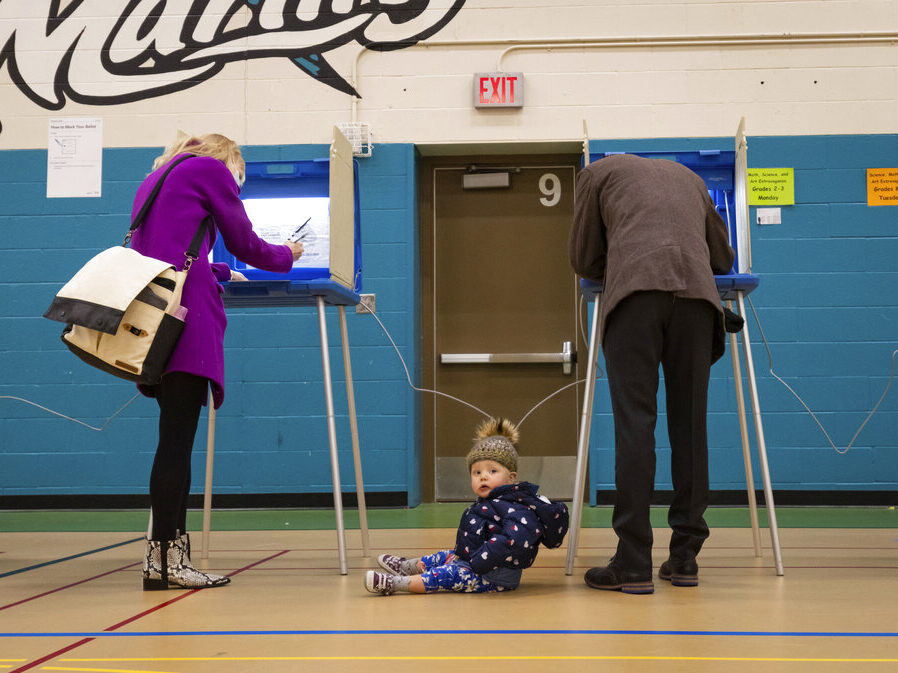
Minneapolis voters on Tuesday rejected a proposal to replace the city’s police department with a new Department of Public Safety, an idea that supporters hoped would bring radical change to policing in the city where George Floyd’s death under an officer’s knee brought calls for racial justice.
The initiative would have changed the city charter to remove a requirement that the city have a police department with a minimum number of officers. Supporters said a complete overhaul of policing was necessary to stop police violence. Opponents said the proposal had no concrete plan for how to move forward and warned it would leave some communities already affected by violence more vulnerable as crime is on the rise.
Incumbent Mayor Jacob Frey, who leads the mayoral race with 42.79% of first-choice votes, addressed supporters of the proposal Tuesday night at the Jefe Urban Cocina restaurant in Minneapolis.
“We hear you, we understand you, your fight in your cause is righteous,” Frey said “And I would ask that now is the time to unite around the changes and reforms that we can remake in concrete fashion.”
The ballot proposal had roots in the abolish-the-police movement that erupted after Floyd was killed by a Minneapolis police officer last year. The debate over racial justice in policing brought national attention to Tuesday’s vote, as well as a river of out-of-state money seeking to influence the outcome that could have shaped change elsewhere, too.
“The vast majority of Minneapolis residents, almost everybody that has run for office, recognizes that we do need a full culture shift in our Minneapolis Police Department. They recognize that we need a culture shift in policing nationwide,” Frey said.
The ballot question called for a new Department of Public Safety to take “a comprehensive public health approach to the delivery of functions” that would be determined by the mayor and City Council.
A majority of Minneapolis voters ultimately decided against overhauling the MPD, with 56% voting “no” on city question two.
Despite the proposal’s rejection, Frey outlined areas he believes “we need to be moving forward on in the immediate” in regards to reforming the MPD culture and approach to policing.
“This marks a point when we all have to come together around these concrete changes,” Frey said.
Frey addressed the need for integration between mental health responders and police officers, a more community-oriented policing approach, safety beyond policing and getting serious on a multi-jurisdictional level about reform.
“I’m absolutely calling on the state legislature to work with me, not against me,” Frey said, “Work with me around these true changes because they need to happen right now.”
Scout Mason contributed to this report.
Lauren Price contributed to this report.

